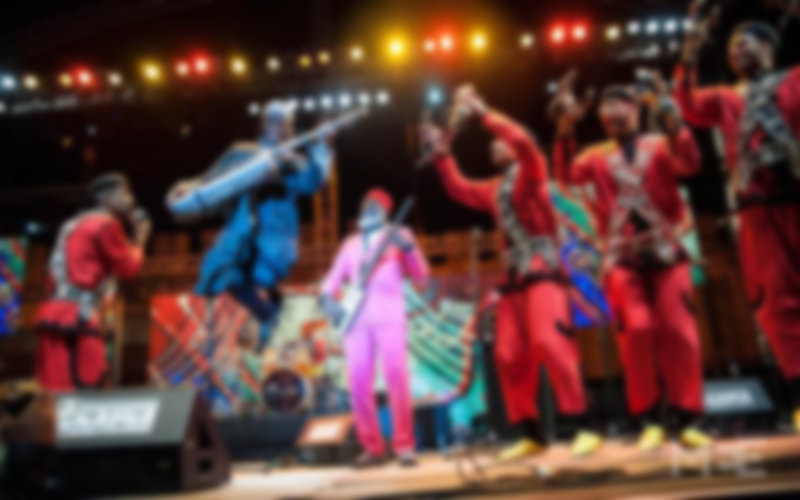Moroccan Artists’ Hidden Millions: Tax Evasion Scandal Rocks Entertainment Industry

Many Moroccan artists do not declare their actual income, particularly from private parties, artistic performances, advertising contracts or digital income generated through platforms such as YouTube and Facebook, thus avoiding taxes. A huge loss of revenue for the public treasury.
While Moroccan law requires any professional, commercial or artistic activity to fulfill its tax obligations, many artists operating under unstructured formulas, with oral contracts or parallel agreements, escape any tax obligation. Information indicates that some singers have received astronomical fees during the wedding season. More specifically, the remuneration received by the artist in a single evening can reach tens of thousands of dirhams. This fee is not recorded in any official framework. The dissemination of videos on social networks documenting private parties, revealing the magnitude of the sums exchanged in the shadows, has moreover relaunched the debate on this issue. Some Internet users cry out in indignation. According to them, the lack of control compromises the principle of tax justice.
Some artists generate net profits sometimes exceeding 200,000 dirhams per month from advertising revenue on digital platforms, while remaining outside the scope of tax returns, said a professional source to Al3omk. According to her, this situation reflects a regulatory void leaving a wide margin of non-compliance with the law. She explains that the majority of artists work as freelancers, which makes it difficult to monitor their financial transactions, particularly during private parties or unofficial contracts. These practices violate the principle of tax justice and weaken the state’s ability to mobilize the financial resources necessary to finance public services, she said, insisting that the lack of strict control in the artistic sector constitutes a breach that requires urgent reform.
According to observers, these practices do not simply constitute an administrative offense, but touch on the very foundation of the tax system, based on the principle of equality in the sharing of public burdens. They point out that the ordinary citizen and the small civil servant pay their taxes directly and regularly, while some artists benefit from an "undeclared privilege", embodied by the lack of strict supervision. For them, the correction of this dysfunction will require legislative and institutional reforms, based on the integration of the artistic sector into the official economic system, by imposing written contracts, subjecting digital income to tax returns and strengthening the role of control and accountability.
Related Articles
-

EastEnders Star’s Moroccan Marriage Nightmare: Cheryl Fergison Reveals Shocking Wedding Details
26 August 2025
-

Drones Illuminate Ancient Secrets: Rabat’s Chellah to Host Spectacular Night Sky History Show
26 August 2025
-

Barcelona Wonderkid Lamine Yamal’s Secret Romance with Argentine Pop Star Nicki Nicole Revealed
24 August 2025
-

Moroccan Outrage Forces Comedian’s Exit from Reality Show Over Past Insults
24 August 2025
-

Timeless Elegance: How the Moroccan Caftan Conquered Fashion’s Elite
21 August 2025